It is no secret that a decent chunk of the competitive Dota 2 community aren’t big fans of how Valve has set up the Dota Pro Circuit system and its internal seasonal structure. This has been the case since the initial swap to a seasonal format for the 2021 DPC and many of those issues have only become more apparent with the expanded scope of the 2022 season.
You can turn on any professional player’s stream or look on Twitter and potentially see some discourse about the DPC. But hearing an on-the-fly response from someone like Team Secret captain Clement “Puppey” Ivanov really hammers home how deep the dislike for the system runs.
Several hours after qualifying for his 11th straight iteration of The International out of the TI11 Last Chance Qualifier, Pupper outright said that he hated this season of the DPC for a number of reasons—one of which being the overall format.
Related: The final all-timer: Puppey keeps his streak as Team Secret qualify for Dota 2’s TI11
According to the veteran player who has now qualified for TI in every possible way, the lack of success for Secret was only part of the issue and he was “losing his mind” as early as the first regional league because only a small portion of the season actually matters.
He goes on to point out that if a team does not perform well early in the DPC, there is almost no chance that they can qualify for TI even if they win the third Major at the end of the final Tour—an event that is scaled to be worth more DPC points than either of the other two Majors.
“I don’t think there is time. There is no time in these past DPC [seasons], you only have two chances,” Puppey said. “Even if you qualify [for] and win the third Major, you’re not even going to TI. Actually, get the hell out of here.”
Using Entity as an example, they only really became a strong team during the Summer Tour, and finishing fifth at the Arlington Major did nothing to help their chances for a TI11 direct invite. They went on to beat the likes of Secret and Team Liquid in the regional qualifiers to earn a spot, but the system in place before that basically meant nothing to the younger European squad.
Even beyond the format tied to actually qualifying for TI, more complaints stem from the constraints that Valve puts on the Dota community by locking rosters to regional leagues and forcing players to play essentially one match per week over an extended period of time.
A typical regional league tour will run for around six weeks, with each team playing one game against one, or occasionally two, of the other seven teams featured in their division. The top-performing teams will earn a spot at the next Major, but there are no playoffs and limiting the number of matches per week locks everyone participating in the regional league out from playing in other tournaments during that period in most cases.
“It’s a bugged system. It’s not that good,” Puppey said. “I think it’s too stressful. Six weeks stuck somewhere plus two weeks of pre-boot camp or something like that, it’s a bit of a yikes. Esports is fast, we’re not morons who constantly work out for something. We don’t need downtime and I don’t understand what this bullshit is about esports needing some kind of downtime.”
Puppey went on to say that downtime is an important thing for players to have, but it doesn’t need to come at the same rate as professional athletes in traditional sports who have to expend themselves at a high level.
Specifically, he thinks that playing something like 15 games of Dota in a day at a competitive level is rough, but it is something that pros can do because they can do things fast and the capacity for them is much higher because players won’t get tired that easily.
Valve has implemented a change for the 2023 DPC season, splitting the Division I and Division II schedules for each regional league up and condensing each portion into their own roughly three-week-long events. This should give teams more time to spend away from the game or competing in additional tournaments that will have more breathing room within the DPC Tour schedules. But we will have to wait and see just how much of a positive impact this has on players who have a similar mindset to Puppey.



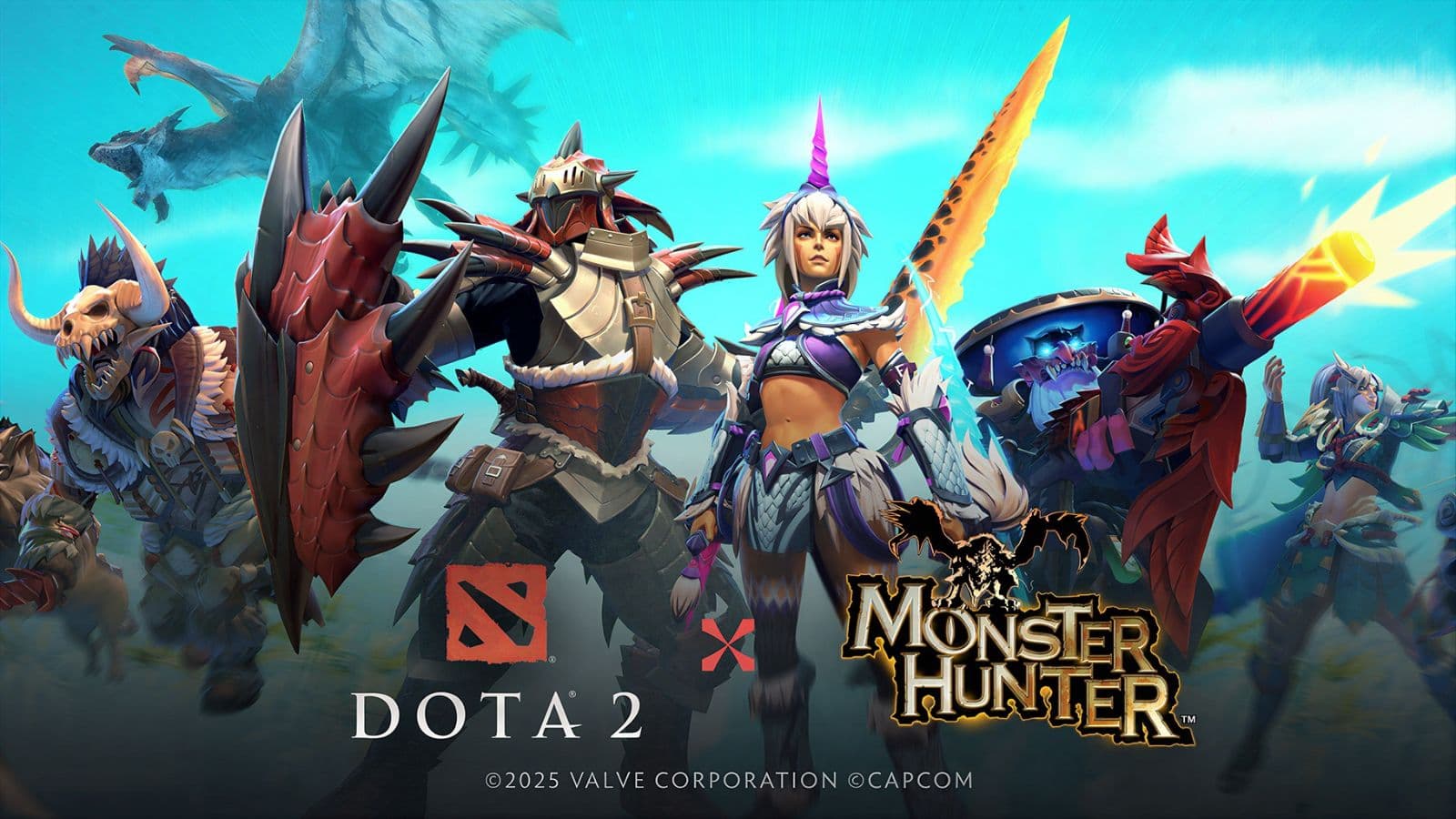
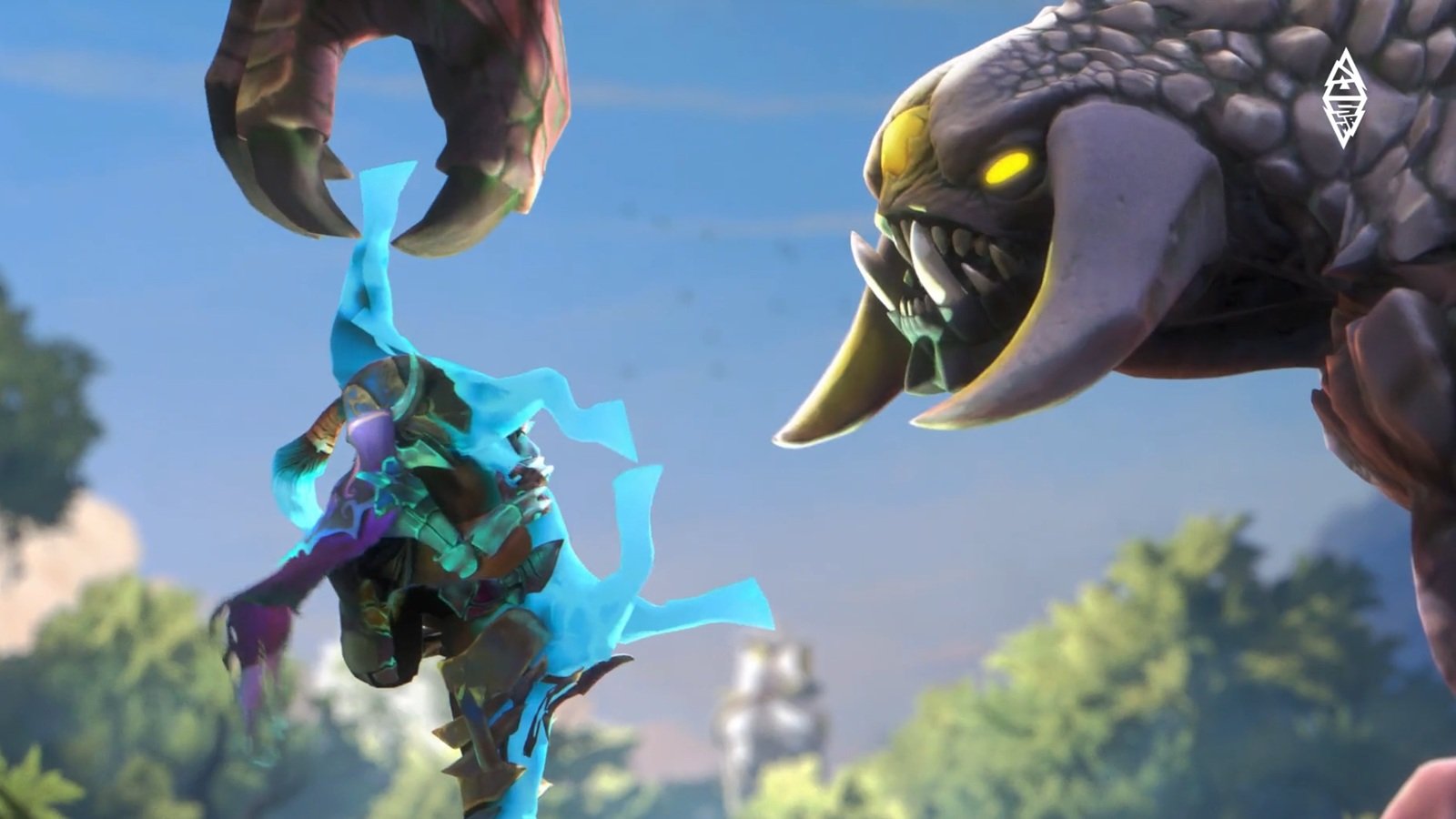
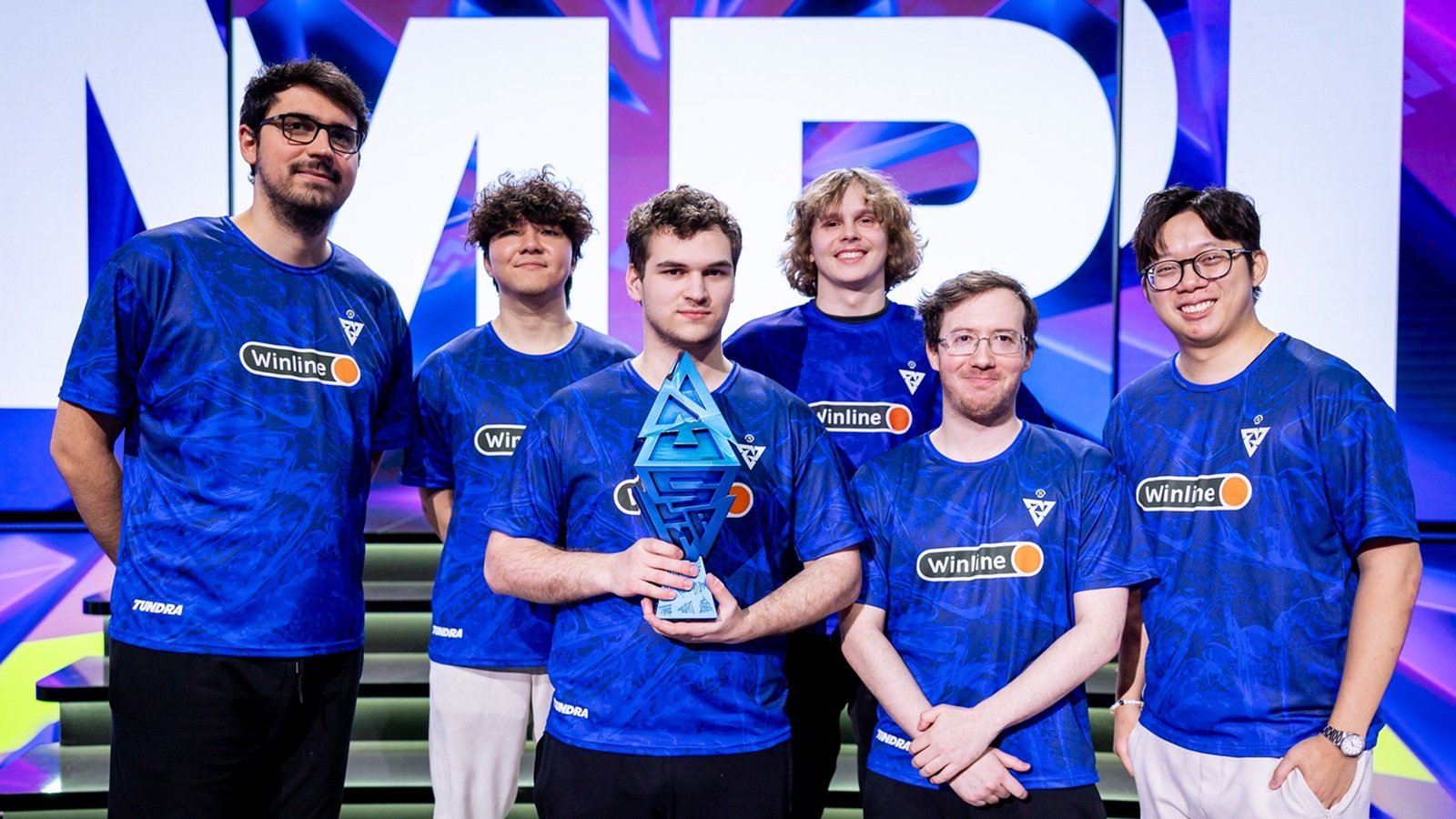
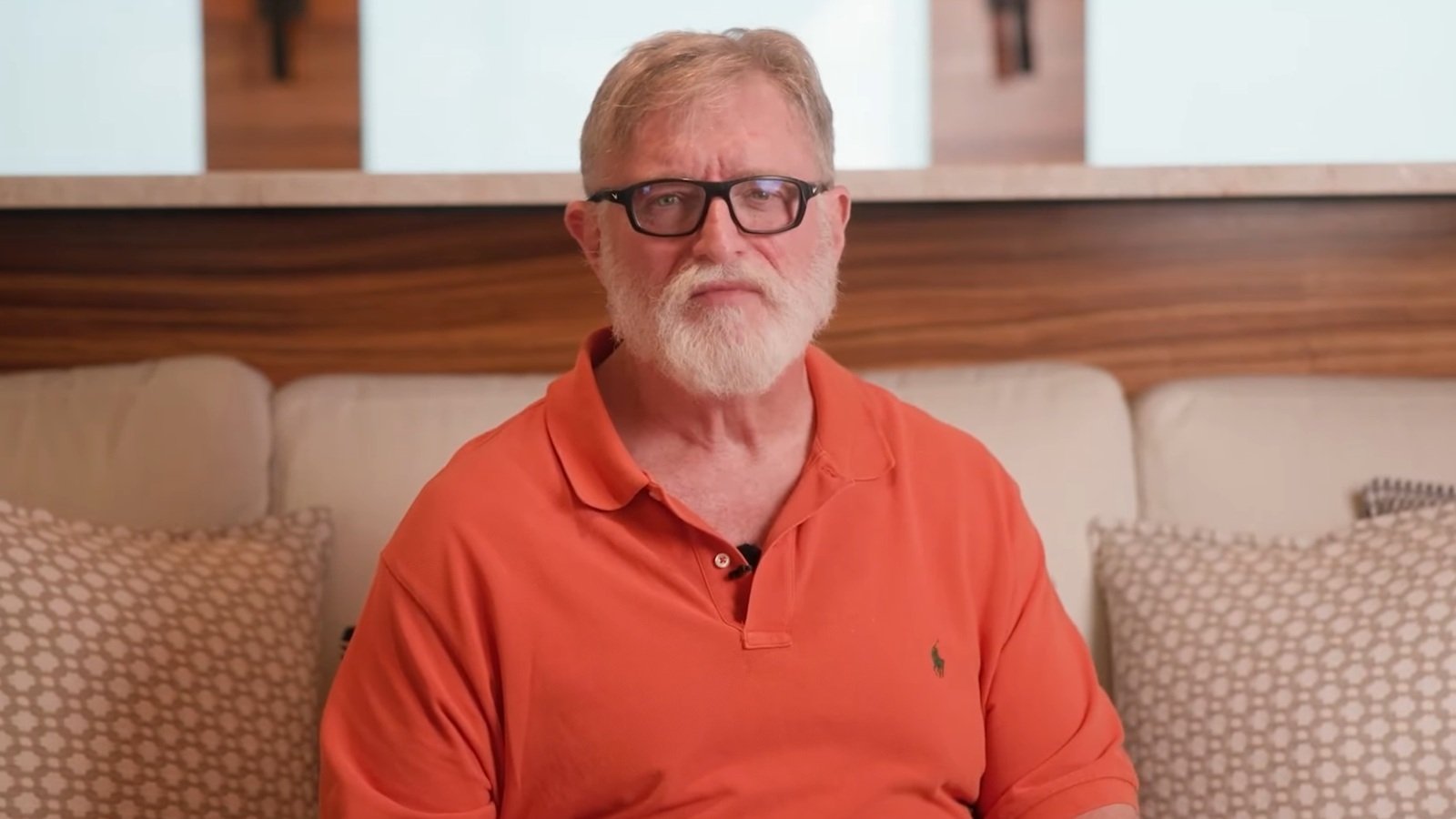
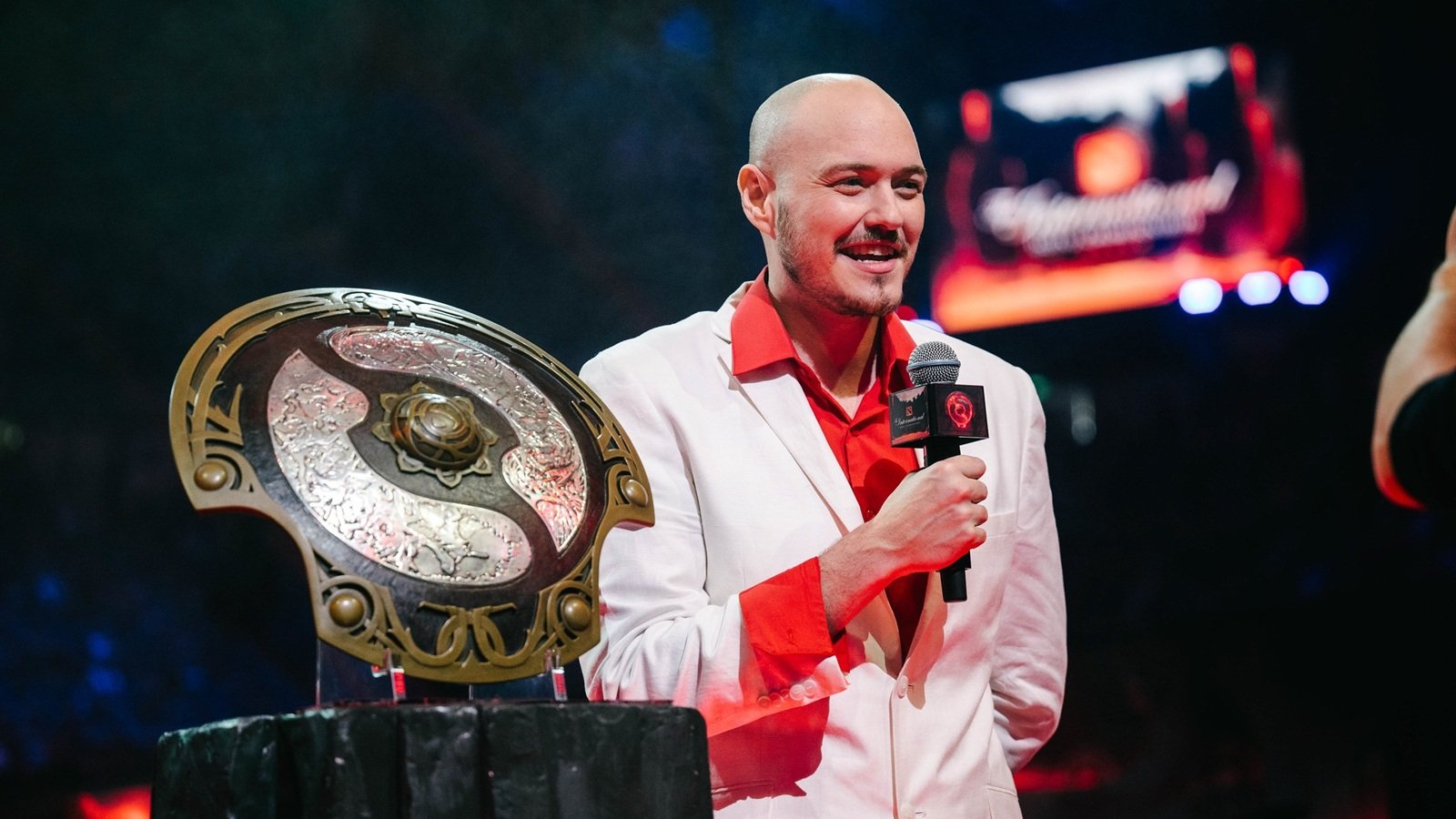


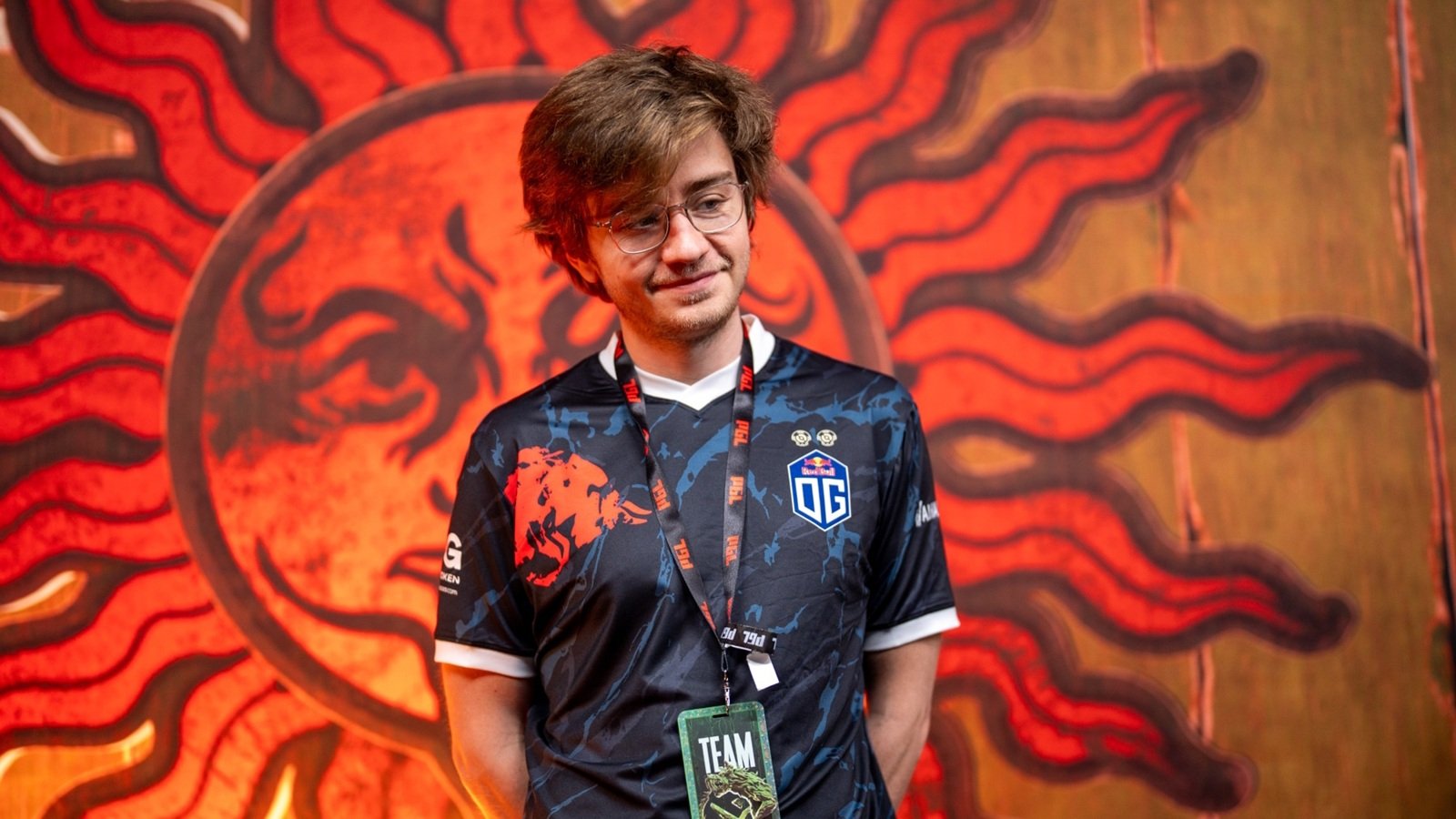
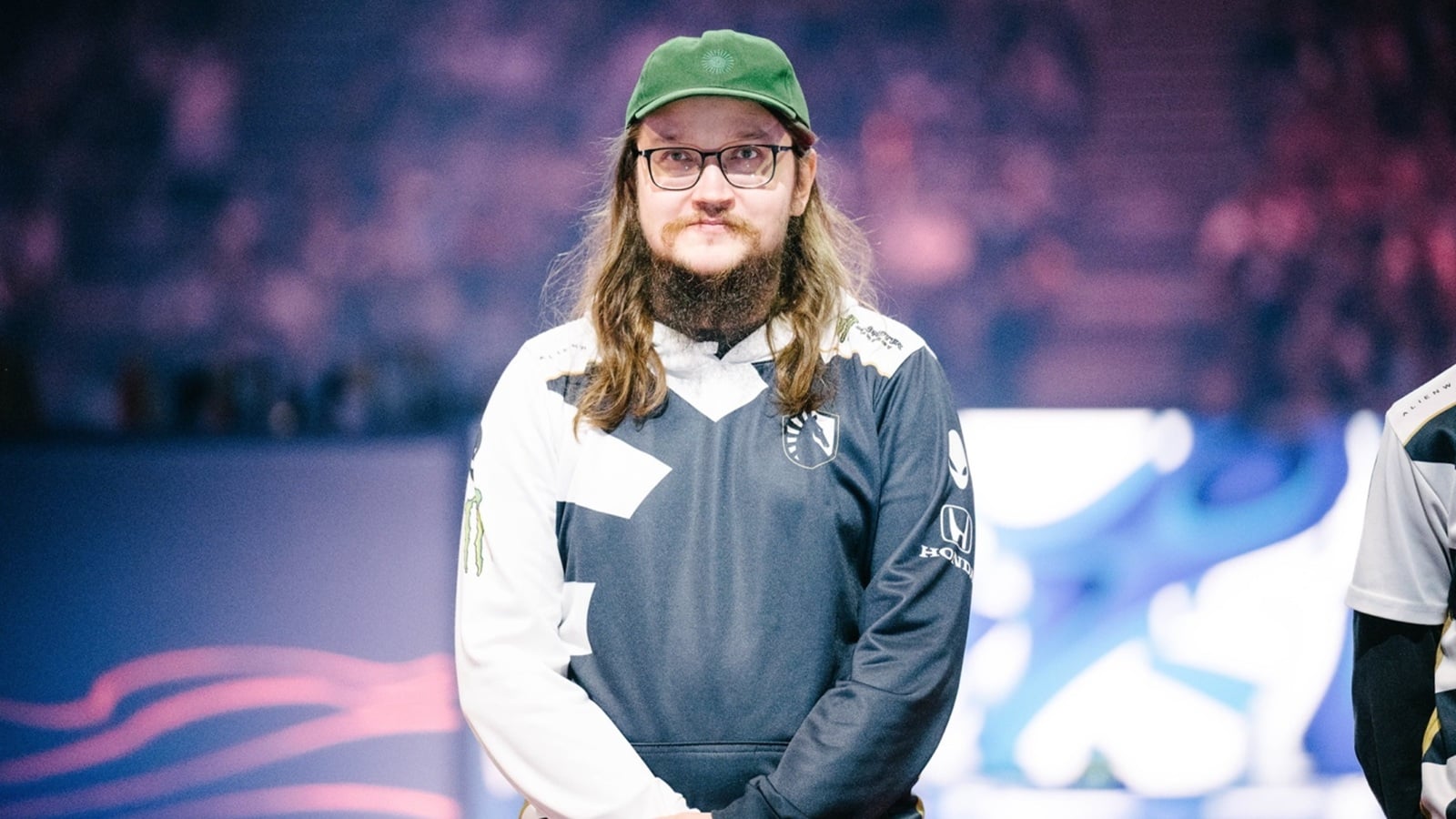

Published: Oct 12, 2022 10:37 am